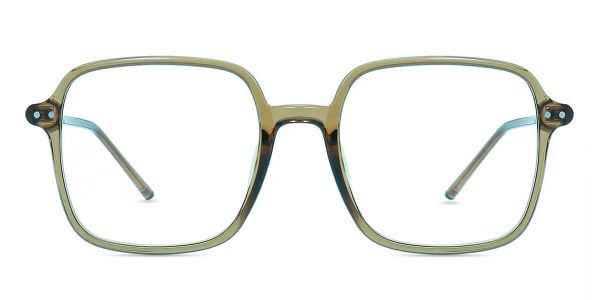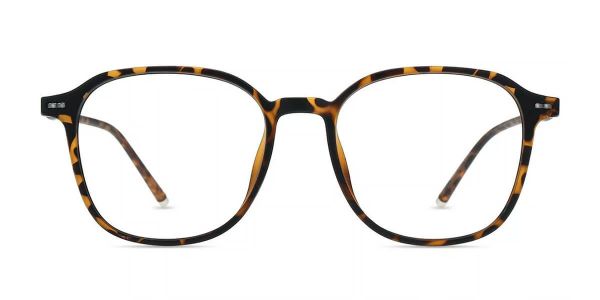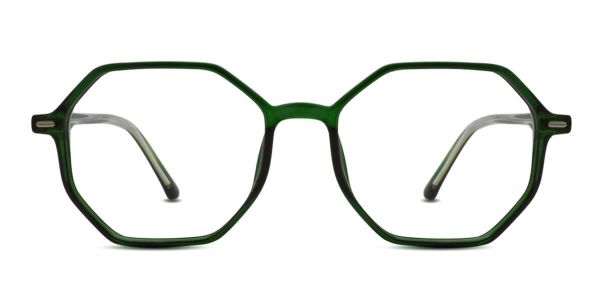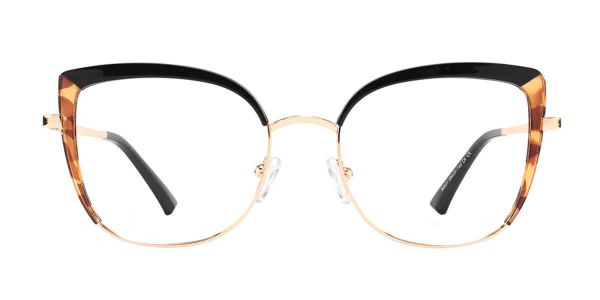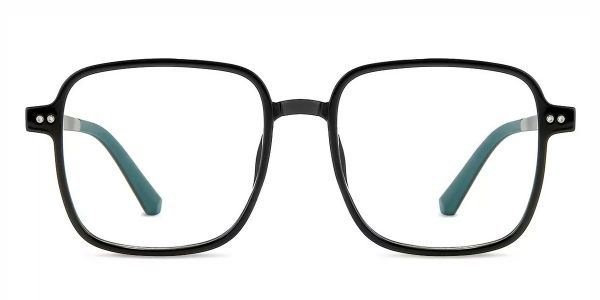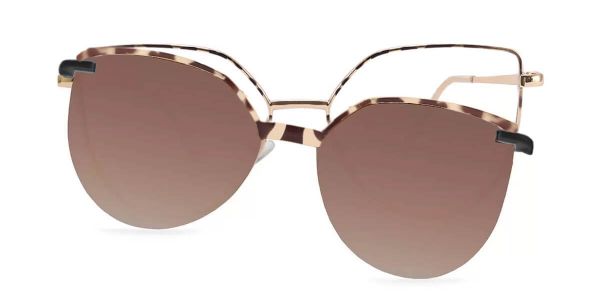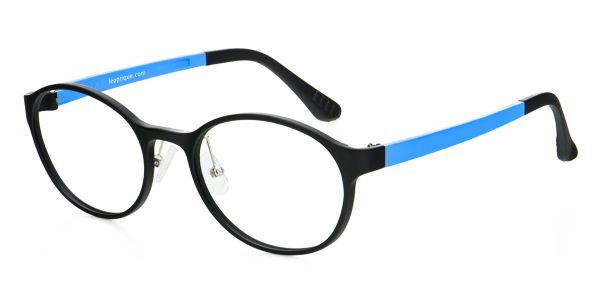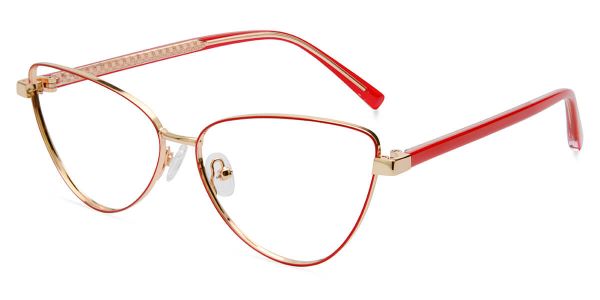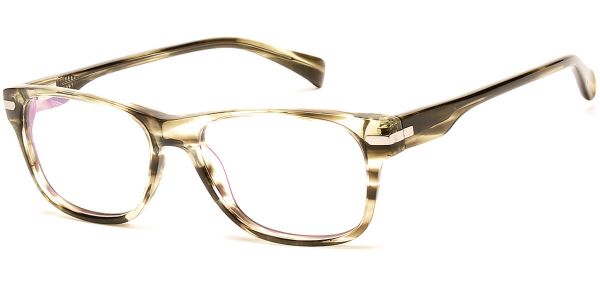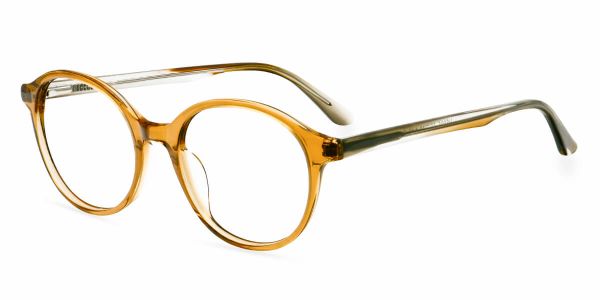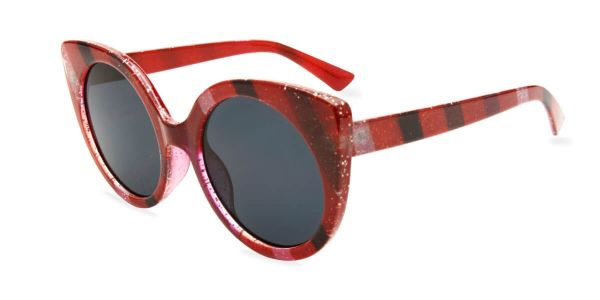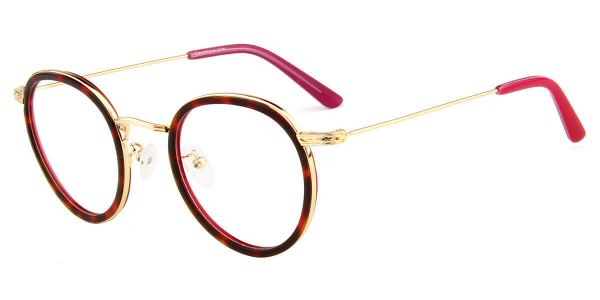Seeing Clearly: The Science Behind the Validity Period of Optical Glasses Prescriptions
Eyecare · 2023-12-23

If you wear glasses, you're likely familiar with the routine eye exams that determine your prescription. These prescriptions, filled with a series of numbers and abbreviations, hold the key to seeing the world more clearly. However, have you ever wondered why these prescriptions come with an expiration date? In this article, we delve into the science behind the validity period of optical glasses prescriptions and why it's crucial to keep your vision in check.
The Basics of an Optical Prescription:
To understand the concept of prescription validity, let's first break down what those numbers on your eyeglass prescription mean. Your prescription typically includes measurements for each eye, specifying the degree of nearsightedness (myopia), farsightedness (hyperopia), astigmatism, and sometimes, prism correction. The numbers represent the lens power required to correct these vision issues, measured in units called diopters.
The Importance of Regular Eye Exams:
Over time, our eyes change, and the vision correction needs of our eyes may evolve. Factors such as age, health conditions, and lifestyle can influence these changes. That's why eye care professionals recommend regular eye exams, even if you feel like your vision hasn't significantly changed. These exams help catch subtle shifts in your eyesight and allow optometrists to update your prescription accordingly.
Understanding the Validity Period:
The validity period of an optical prescription is typically one to two years, though this can vary depending on regional regulations and individual eye health. This timeframe serves as a guideline for when you should schedule your next eye exam. But why not keep the same prescription for longer? The answer lies in the dynamic nature of our eyes.
Eyes, like the rest of our bodies, are subject to change. Factors such as age, changes in health, or fluctuations in blood sugar levels can impact the eyes and, consequently, our vision. Even small changes in prescription can make a significant difference in how clearly we see the world.
Prescription Glasses and Your Health:
Wearing outdated prescription glasses not only affects your ability to see clearly but can also contribute to eye strain, headaches, and other discomforts. Additionally, uncorrected vision problems may lead to more severe issues, emphasizing the importance of staying on top of your eye health.
The validity period of an optical glasses prescription is not just a formality; it's a crucial aspect of maintaining healthy vision. Regular eye exams allow eye care professionals to monitor changes in your eyesight and update your prescription accordingly. So, the next time you notice that your glasses aren't quite doing the trick, don't delay—schedule an eye exam. Your eyes will thank you for it, and you'll continue to see the world with clarity and precision.
The Basics of an Optical Prescription:
To understand the concept of prescription validity, let's first break down what those numbers on your eyeglass prescription mean. Your prescription typically includes measurements for each eye, specifying the degree of nearsightedness (myopia), farsightedness (hyperopia), astigmatism, and sometimes, prism correction. The numbers represent the lens power required to correct these vision issues, measured in units called diopters.
The Importance of Regular Eye Exams:
Over time, our eyes change, and the vision correction needs of our eyes may evolve. Factors such as age, health conditions, and lifestyle can influence these changes. That's why eye care professionals recommend regular eye exams, even if you feel like your vision hasn't significantly changed. These exams help catch subtle shifts in your eyesight and allow optometrists to update your prescription accordingly.
Understanding the Validity Period:
The validity period of an optical prescription is typically one to two years, though this can vary depending on regional regulations and individual eye health. This timeframe serves as a guideline for when you should schedule your next eye exam. But why not keep the same prescription for longer? The answer lies in the dynamic nature of our eyes.
Eyes, like the rest of our bodies, are subject to change. Factors such as age, changes in health, or fluctuations in blood sugar levels can impact the eyes and, consequently, our vision. Even small changes in prescription can make a significant difference in how clearly we see the world.
Prescription Glasses and Your Health:
Wearing outdated prescription glasses not only affects your ability to see clearly but can also contribute to eye strain, headaches, and other discomforts. Additionally, uncorrected vision problems may lead to more severe issues, emphasizing the importance of staying on top of your eye health.
The validity period of an optical glasses prescription is not just a formality; it's a crucial aspect of maintaining healthy vision. Regular eye exams allow eye care professionals to monitor changes in your eyesight and update your prescription accordingly. So, the next time you notice that your glasses aren't quite doing the trick, don't delay—schedule an eye exam. Your eyes will thank you for it, and you'll continue to see the world with clarity and precision.

